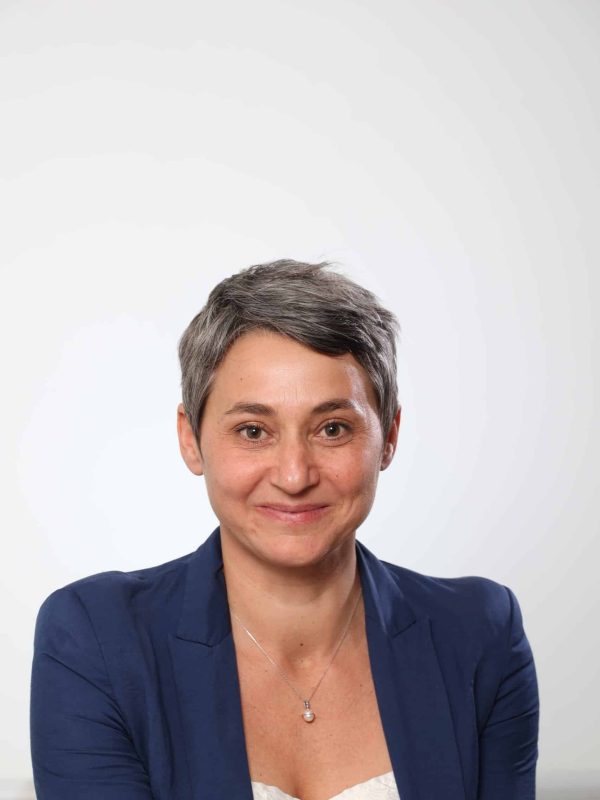On January 30, 2023, the national entity “Groupe Miroir national Ville – Horizon Europe” organized a working day with the nine French winning local authorities of the European Mission “100 Climate-Neutral and Smart Cities by 2030 – by and for Citizens”, in coordination with NetZeroCities, the European consortium which leads the support platform for the European Commission’s Cities Mission.
Aligning National and European Frameworks
In coordination with the teams of the European platform NetZeroCities dedicated to supporting the laureates of the Cities Mission, a meeting was organized by the national “Mirror Group” at the Arche de la Défense with the 9 selected cities. The group is co-led by the Ministry of Ecological Transition and Territorial Cohesion and the Ministry of Higher Education and Research, in close cooperation with the National Agency for Territorial Cohesion and the National Urban Information Point. Within this framework, Sustainable City by France and France Urbaine coordinate the work of the “Territory Support” group.
This meeting specifically served as a reminder of the importance of the Cities Mission’s work in guiding all European local authorities towards carbon neutrality by 2050. The 100 winning cities aim to achieve this goal 20 years earlier, placing significant emphasis on research and innovation.
Other national partners associated with the mirror group (Ademe, ANCT, Cerema, Puca-Popsu, etc.) were able to present the programs in which the 9 laureates were already involved in their carbon neutrality efforts (CRTE and Territoires engagés Transition écologique), in order to exchange ideas on how to build better coherence and alignment with existing European frameworks. It was notably proposed that Ademe’s programme “Territoire engagé Transition écologique” (TETE) could serve as guidance for building projects based on the “Climate-Air-Energy” and “Circular Economy” labels. Additionally, it was necessary to incorporate this into the territorial project and the objectives and investments outlined in the Contract for Recovery and Ecological Transition (CRTE). Work dedicated to harmonizing indicators and proposing a common core for all frameworks is planned for the first quarter of 2023.
Identifying Collective Reflections
Representatives from the laureate cities and inter-municipalities provided an update on the preparation of their Climate City Contract (CCC), a document that is intended to be flexible and detail the deployment and monitoring strategy of innovative solutions. It should include the commitments of the local authority regarding its territorial project to achieve carbon neutrality by 2030, along with an action and investment plan.
One of the major challenges for the winners is to ensure that the climate city contract is not an additional process, but a complementary one that will enrich local climate plans and territorial climate-air-energy plans (PCAET).
While most laureates are in the process of revising them, the aim is to move faster and further in the dynamics already initiated in the territories and those yet to be built, while ensuring good coordination with the CRTE.
In line with these approaches regarding the alignment between European and French frameworks, a sequence of workshops, facilitated in the morning by NetZeroCities, including the dedicated advisors to the winning cities (the City advisors), also helped identify the difficulties and obstacles experienced by local authorities regarding their Climate City Contract (governance challenges at multiple levels: City/Metropolis/Region/State/EU; questions about the level of requirement demanded by the European Commission for the first version of the climate city contract; monitoring and evaluation, including indicators and financing). The workshops also aimed to identify the levers and, ultimately, the collective work that could be carried out.
Author credits : Delphine Bourdin and Maëva Fleytoux (France Urbaine).
📧 For more information, feel free to reach out to the coordinating team: marion.gonzales@francevilledurable.fr











